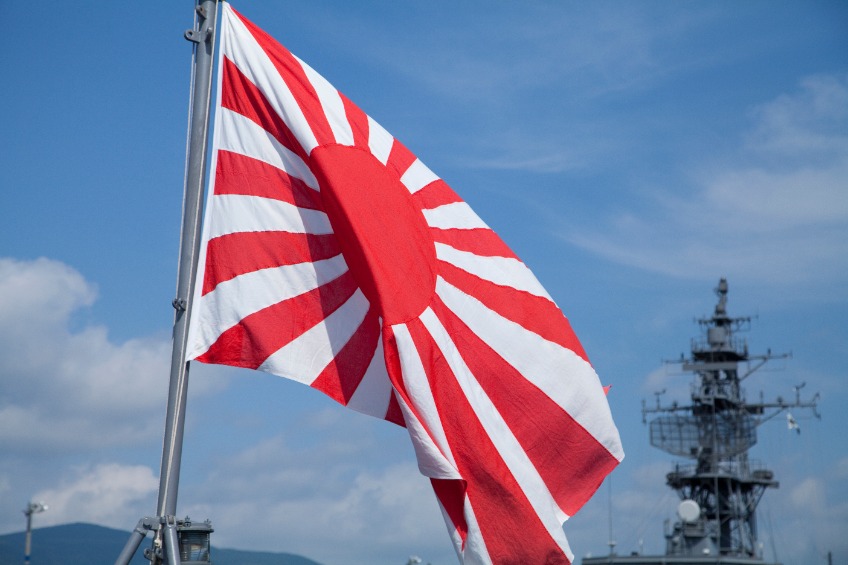Is the rising sun flag offensive?

Is the Rising Sun Flag Offensive?
Understanding the controversy of Japan’s rising sun flag
The Rising Sun flag, historically associated with Japan, has been a topic of controversy for decades. The flag depicts a red disc (representing the sun) with 16 red rays emanating from it, presenting an image often associated with Japan’s imperial past. The question of whether this flag is offensive or not is complex, and the answer largely depends on one’s cultural and historical perspective.
Historical Context
The Rising Sun flag has roots dating back centuries, initially used by feudal warlords in Japan. However, it is most infamously recognized as the military flag of the Empire of Japan during World War II. It was during this period that Japan committed a series of war crimes and human rights abuses in Asia, notably in countries such as China and Korea.
For many people, particularly those in countries that suffered under Japanese imperialism, the Rising Sun flag symbolizes this period of aggression and atrocity. It serves as a painful reminder of a time when their nations were occupied and their people brutally subjugated.
National Identity and Cultural Symbolism
In contrast, for some Japanese people and others who view the flag in a historical or cultural context, the Rising Sun is seen as a symbol of good fortune and perseverance. It has been used in various forms in Japanese society – in commercial logos, pop culture, and even by the Japan Maritime Self-Defense Force and Japan Ground Self-Defense Force.
Critics argue that these uses rehabilitate and normalize a symbol associated with militarism and imperialism, while supporters argue that it represents a legitimate part of Japanese history and culture, and that its use today has been divorced from its World War II-era connotations.
Comparisons to Other Flags
The Rising Sun flag has been likened to the Nazi swastika due to its association with war crimes and atrocities. However, this comparison is contentious. Critics argue that while the swastika was adopted exclusively by a genocidal regime, the Rising Sun flag has a history that predates Japan’s imperialist era, and has been used in non-military contexts.
Still, the emotions it stirs among survivors and descendants of those who suffered under Japanese rule suggest that the comparison, while not entirely analogous, cannot be easily dismissed. It is an empirical fact that the flag is viewed as a symbol of oppression and terror in certain regions of the world.
The Ongoing Debate
Today, the Rising Sun flag is still a topic of controversy, particularly in international events where it’s often seen. Several petitions and calls have been made to ban the flag from international events like the Olympics, leading to the question: should the Rising Sun flag be considered offensive, or can it be reclaimed from its historical context?
While the answer may differ depending on who you ask, it’s important to understand the complexity of the issue. Just as some Germans may see the swastika as an ancient religious symbol, and some Americans may see the Confederate flag as a symbol of regional heritage, so too might some Japanese people see the Rising Sun flag as a symbol of national identity and cultural heritage.
However, this does not diminish the reality that these symbols also represent periods of oppression, conflict, and suffering for many people. Thus, it’s crucial to approach the topic with empathy, respect, and an understanding of the historical context, and be mindful of the potential for these symbols to cause harm and distress.
In conclusion, the Rising Sun flag’s potential to offend is real and deeply rooted in the painful memories of the past. It remains a symbol of national pride for some, while simultaneously symbolizing oppression and war crimes for others. As we move forward, it is important to continue discussing and questioning the symbols we use, and the meanings they hold for different people.










